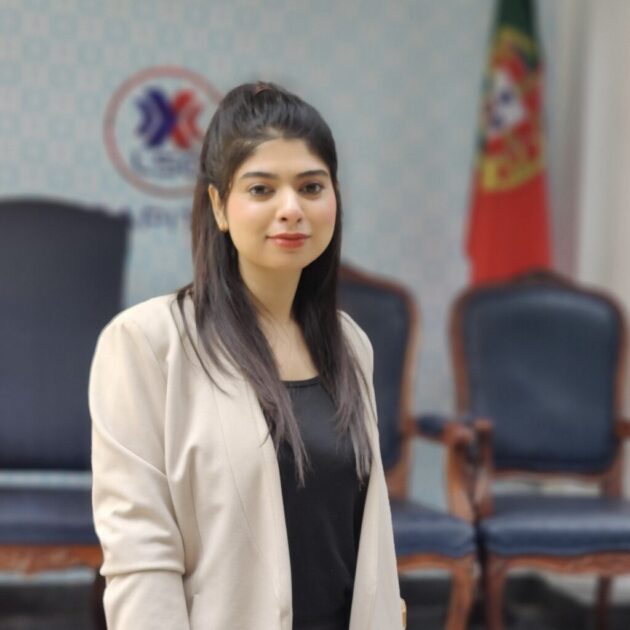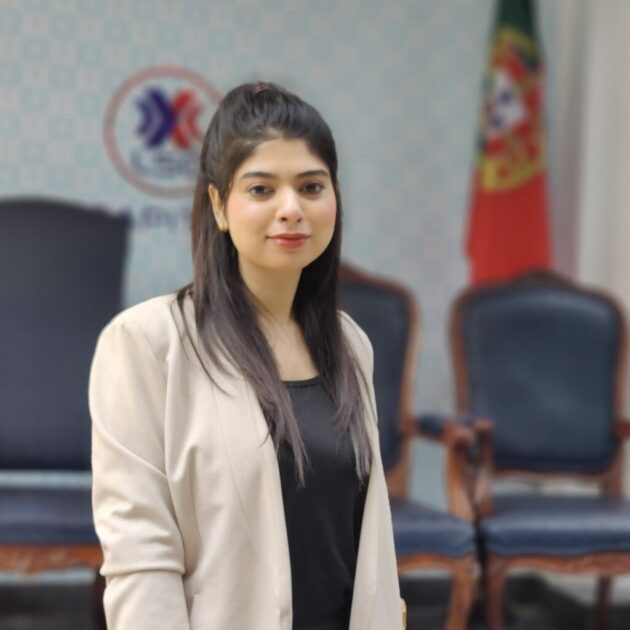- Web Desk Karachi
- Jun 30, 2025

Losing stake: what does Reko Diq hold for Pakistan’s future?
There is still no update on the completion of Barrick Gold Corporation’s new feasibility study for the Reko Diq project. Earlier reported as in progress and expected to conclude by year-end, the feasibility study is crucial in determining share prices and finalising the deal.
The deal, which now includes Saudi Arabia alongside the Canadian company and the federal and Balochistan governments, is slated for closure by mid-2025.
During his visit to Pakistan, Saudi Minister for Investment Sheikh Khalid Bin Abdul Aziz Al Falih, announced that a newly established Manara Mineral Investment Company, backed by Saudi sovereign wealth fund, Public Investment Fund (PIF) and the national mining company, Ma’aden, has planned to invest $1 billion in the Reko Diq project. He highlighted close relationship of the Kingdom with the mining giant Barrick Gold, built on years of trust and partnership during their operations in the country.
In November, shortly after Saudi Arabia expressed interest in acquiring 15 per cent stake in the gold and copper project, the cabinet approved the establishment of a negotiation committee under an Act of the Parliament. The government anticipates a significant increase in the project’s share price following the completion of a new feasibility study on the estimated gold and copper reserves.
According to sources familiar with the matter, the committee has been tasked with conducting a price discovery process in consultation with international advisors and evaluating Saudi’s offer based on their findings.
Media reports suggest that Manara Minerals, under the Saudi offer, has proposed acquiring the 15 per cent stake in two phases; the first tranche, comprising 10 per cent would be paid upon signing the agreement, while the remaining 5pc would be settled at the final investment decision.
Reports also indicate that the Asian Development Bank is expected to provide a third-party guarantee arrangement.
A source in the ministry of petroleum explained the rationale behind involving Saudi Arabia after the intricate, multi-billion-dollars tripartite mining deal had already been finalized. According to the source, Barrick Gold sought to mitigate perceived risks associated with large-scale foreign investment in Pakistan. “Barrick believes Riadh’s participation would act as a safeguard against abrupt policy shifts by the Government of Pakistan”, the source remarked off the record.
A technocrat with privileged information expressed reservations over recent developments in the key mining project in a remote district of restive Balochistan. “Why meddle with the agreement that was painstakingly negotiated? Pakistan has honoured its commitment by allocating $900 million to the project despite financial challenges. Revisiting and rewriting such complex deals on second thoughts of foreign investors could prove to be counterproductive and undermines the country’s interests. If investor is reluctant, this approach is not the right way to address the issue”, he noted.
Describing the matter as highly sensitive, relevant officials and some experts declined to comment on the record but defended the government’s strategy to advancing the massive mineral project. “We lack both the financial capacity and the technical expertise required for large-scale mineral projects. Foreign investment is essential for capital-intensive, technologically sophisticated projects in this sector. Rather than fostering baseless skepticism, we should support the government’s accommodative stance towards a reputable mining company willing to invest here”, one expert remarked.
The leadership of Special Investment Finance Council (SIFC), the primary civil-military body overseeing and facilitating major investments in Pakistan, along with relevant federal ministries and minsters, including Minister of State for Energy Musadik Malik and Deputy Prime Minister and Foreign Minister Ishaq Dar, were approached for updates and comments. Additionally, the Balochistan government’s hierarchy and executive heads of the federal government stake-holding state-owned enterprises — Pakistan Petroleum Limited (PPL), Oil and Gas Development Corporation Limited (OGDCL) and Government Holding Pakistan Limited (GHPL) — were contacted. However, their response were still pending at the time of filing of this report.
Originally in Reko Diq copper and gold mine project Barrick Gold had 50 per cent stakes and the other half was equally split between the federal and Balochistan governments. Of the 25 per cent province’s stakes 15 per cent fully-funded were held by the Baochistan government and 10 per cent on a free-carried basis. The 25 shares of the federal government were owned by three state owned enterprises — Oil and Gas Development Corporation Limited (OGDCL), Pakistan Petroleum Limited (PPL) and Government Holdings Pakistan Limited (GHPL).
Under the proposed arrangement, at least 15 per cent of the federal government’s 25 per cent stakes in the key mining project will be transferred to Saudi Arabia, leaving it with barely 10 per cent share.
“Even with 50/50 partnership with the Canadian mining giant Barrick Gold Corporation, Pakistan was already at disadvantage in protecting its interest due to its limited capacity and expertise in managing commercial affairs with private companies. Now, by relinquishing a significant portion of its stake, one can’t help but wonder what the future holds for the country and its citizens, who rightfully expect to benefit from their own land’s endowments,” commented an insider not convinced by arguments in favour of the government’s stance to bend backwards to suit the foreign investors whims.






